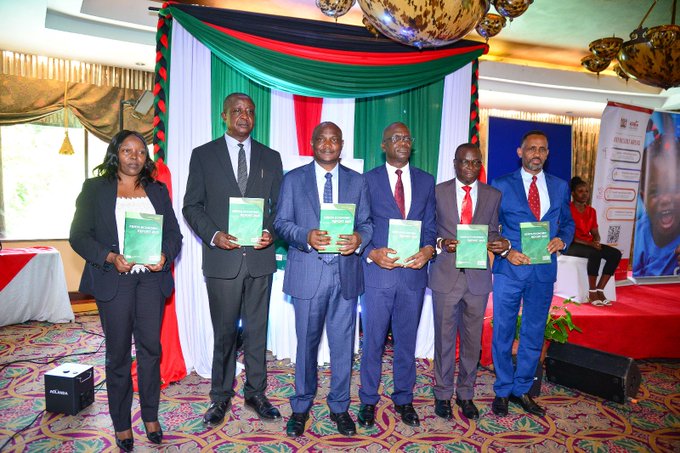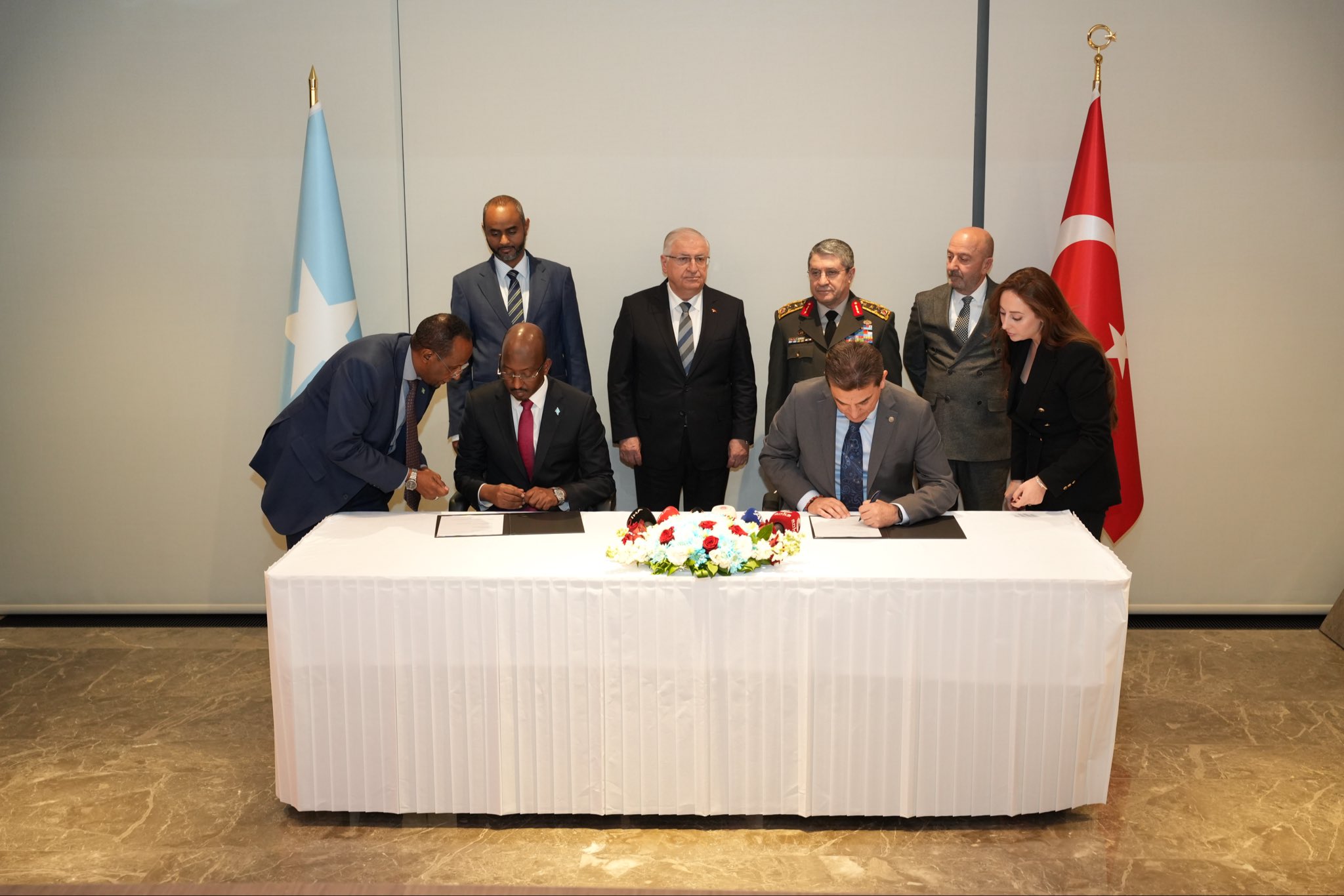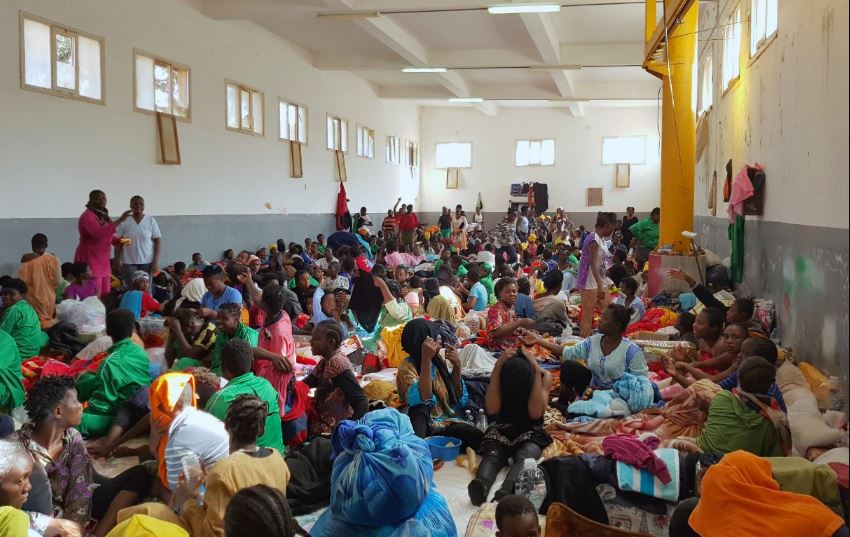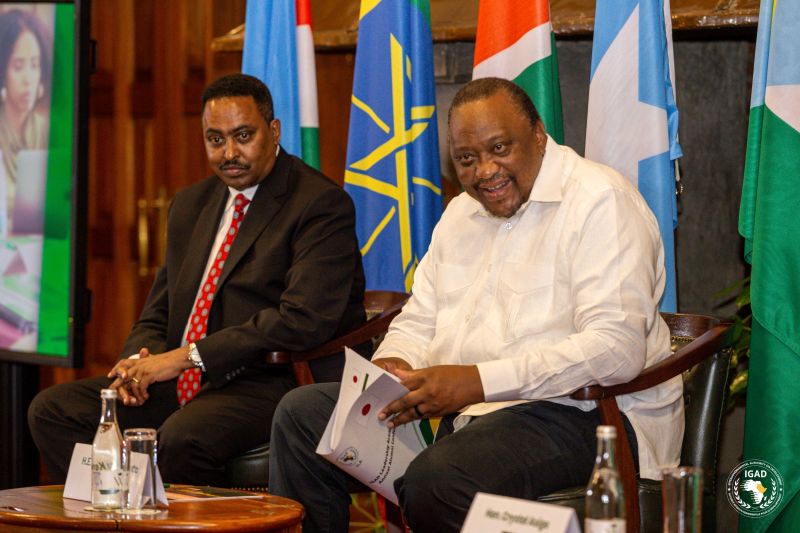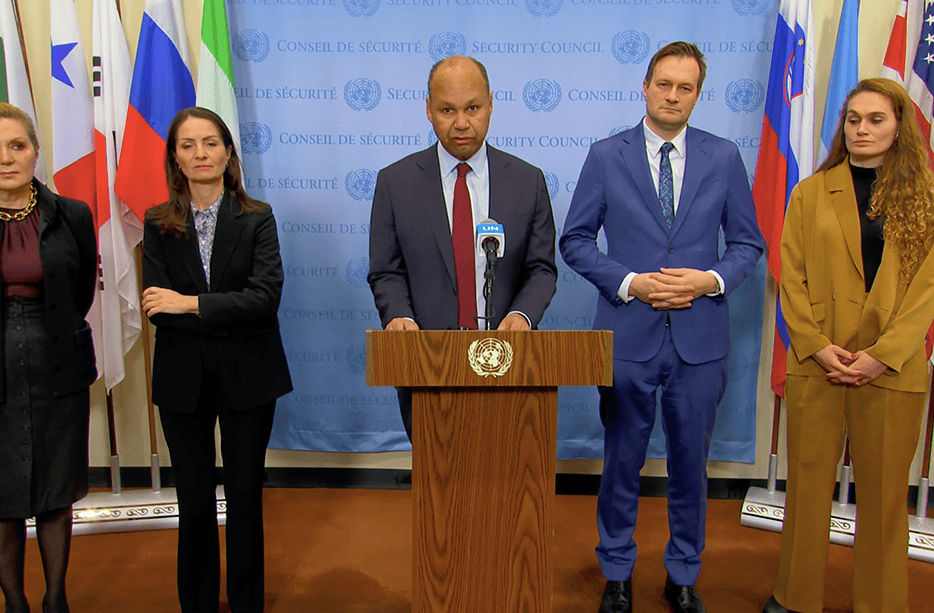IGAD member states urged to prioritise children in policy implementation
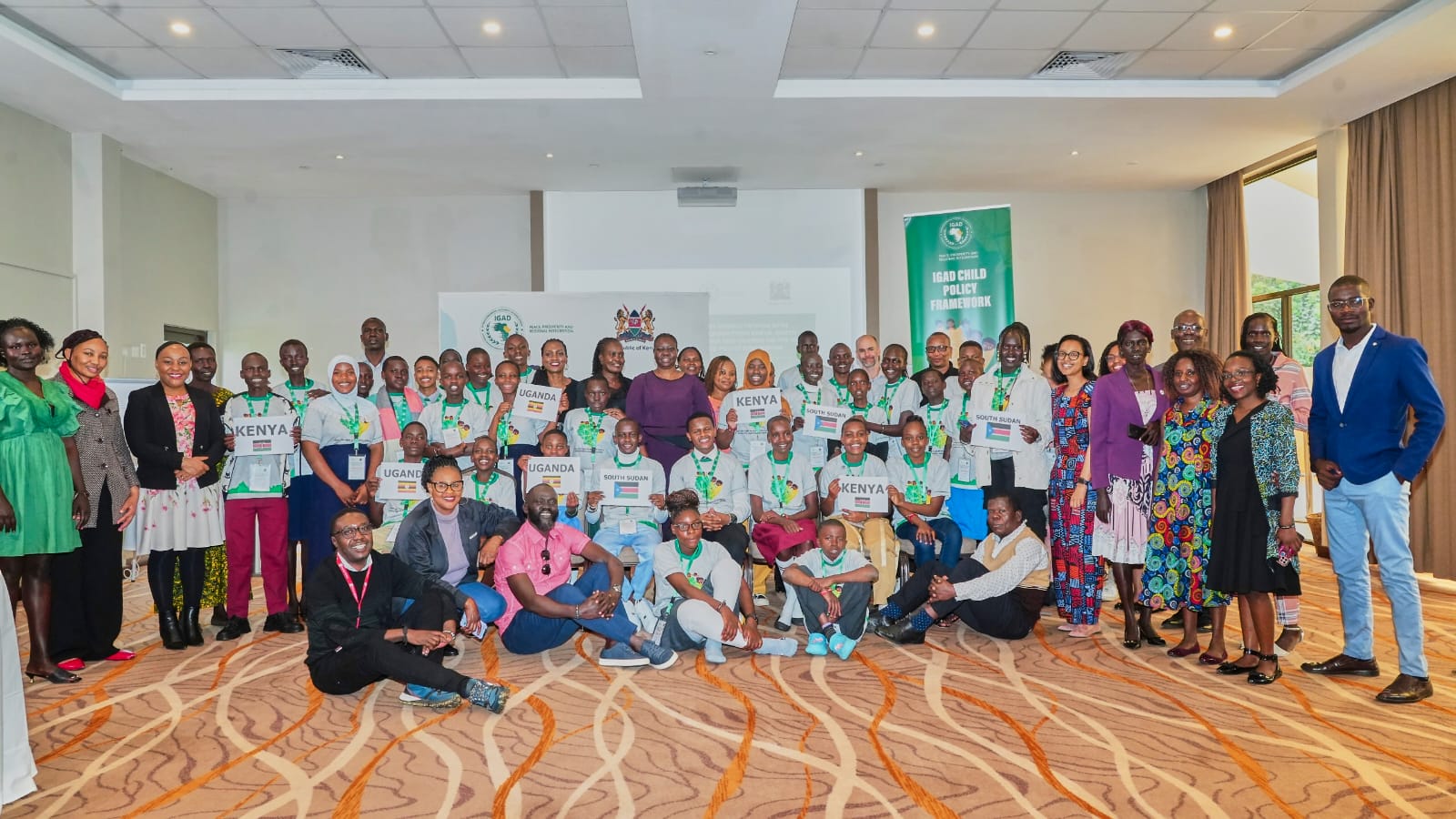
Children in IGAD member states represent a significant proportion of the population, ranging from 36 per cent in Djibouti to as high as 54 per cent in Somalia. However, this large demographic is highly vulnerable to various threats.
The Intergovernmental Authority on Development (IGAD) member states have been urged to place children at the forefront of policy implementation.
During a recent consultation on the Draft Child Policy Framework, 35 children from Kenya, South Sudan, and Uganda came together to share their valuable insights and contribute to shaping the proposed framework, making this call to action.
More To Read
- Uhuru tells youth to stop waiting, step into leadership at IGAD conference
- Climate funding falling short for East Africa’s vulnerable communities, IGAD warns
- Djibouti confirms Eritrea’s formal exit from IGAD regional bloc
- IGAD regrets Eritrea’s ‘premature’ withdrawal from regional bloc
- Eritrea withdraws from IGAD for second time, citing ‘failure to meet aspirations of the region’
- Kenya’s constitutional gains at risk without ethical leadership and integrity - CJ Koome
The meeting's primary goal was to engage children in discussions about their rights, the resources at their disposal, and the actions they can take in response to rights violations. Children use this platform to propose solutions to challenges they encounter, even in cross-border settings.
IGAD believes this engagement is essential for crafting policies that are responsive to children’s needs.
"The consultations with children will ensure that children from Kenya, South Sudan, and Uganda are meaningfully engaged and consulted in the policy-making process to guarantee that their views on the policy are heard and considered," IGAD noted in a statement. "It provides an opportunity to get firsthand insights into their needs and the challenges they face."
While IGAD has successfully formulated policies for other sectors, it acknowledges the gaps in addressing child-sensitive issues. The Draft Child Policy Framework seeks to close these gaps by creating a solid foundation for IGAD’s child protection efforts.
"IGAD is committed to mainstreaming child-focused and child-sensitive approaches into its structure and operations," said Dr Victoria Anib, IGAD’s Head of Social Development. "We wanted to make sure that the child policy speaks to existing national policies; we do not want to override them, but to complement the gaps and ensure they align."
IGAD further emphasised that the policy would enable the authority and member states to champion children's rights and well-being. The aim is to create an environment where every child can thrive and reach their full potential.
The policy also aligns with international and regional commitments, such as the UN Convention on the Rights of the Child (UNCRC) and the African Charter on the Rights and Welfare of the Child (ACRWC).
Children in IGAD member states represent a significant proportion of the population, ranging from 36 per cent in Djibouti to as high as 54 per cent in Somalia. However, this large demographic is highly vulnerable to various threats.
Factors such as poverty, conflict, violence, environmental hazards, and forced displacement all contribute to the violation of children's rights. Moreover, access to essential services like healthcare, education, and social protection remains inadequate in many areas.
According to IGAD, structural gaps in national child protection systems often exacerbate these vulnerabilities. The social workforce tasked with addressing these issues is frequently under-resourced, both financially and technically. This leaves many children exposed to rights violations that go unaddressed.
"Most of the time, we are not a priority," lamented Caroline Olilo, a children's officer from Kenya. "Unfortunately, when it comes to budget allocation, it feels like children are overlooked. I hope that this time, our needs will be taken into consideration."
While all IGAD member states have ratified the UNCRC, only Somalia and South Sudan have yet to ratify the ACRWC. Furthermore, not all member states have fully adopted child rights legislation or standalone policies.
There is potential for improvement in upholding children's rights throughout the region due to this uneven implementation.
International monitoring bodies like the African Committee of Experts on the Rights and Welfare of the Child (ACERWC) encourage member states to fulfil their reporting obligations. These reports are crucial for tracking progress and identifying areas that need further intervention.
Dr Anib emphasised the importance of alignment: 'Our goal is to ensure the child policy harmonises with existing national policies, complementing gaps without overriding national laws and policies. We aim to create a cohesive framework that supports and reinforces national legislation.'
The policy's formulation began in July 2022, with the participation of international partners such as Save the Children and the Swiss Agency for Development and Cooperation (SDC).
The IGAD Child Policy Framework represents a pivotal opportunity for member states to prioritise children’s rights and well-being. By engaging children directly in the policy-making process, IGAD is setting a precedent for more inclusive governance. However, to ensure the success of these efforts, member states must allocate the necessary financial and technical resources to effectively implement the policy.
Top Stories Today


